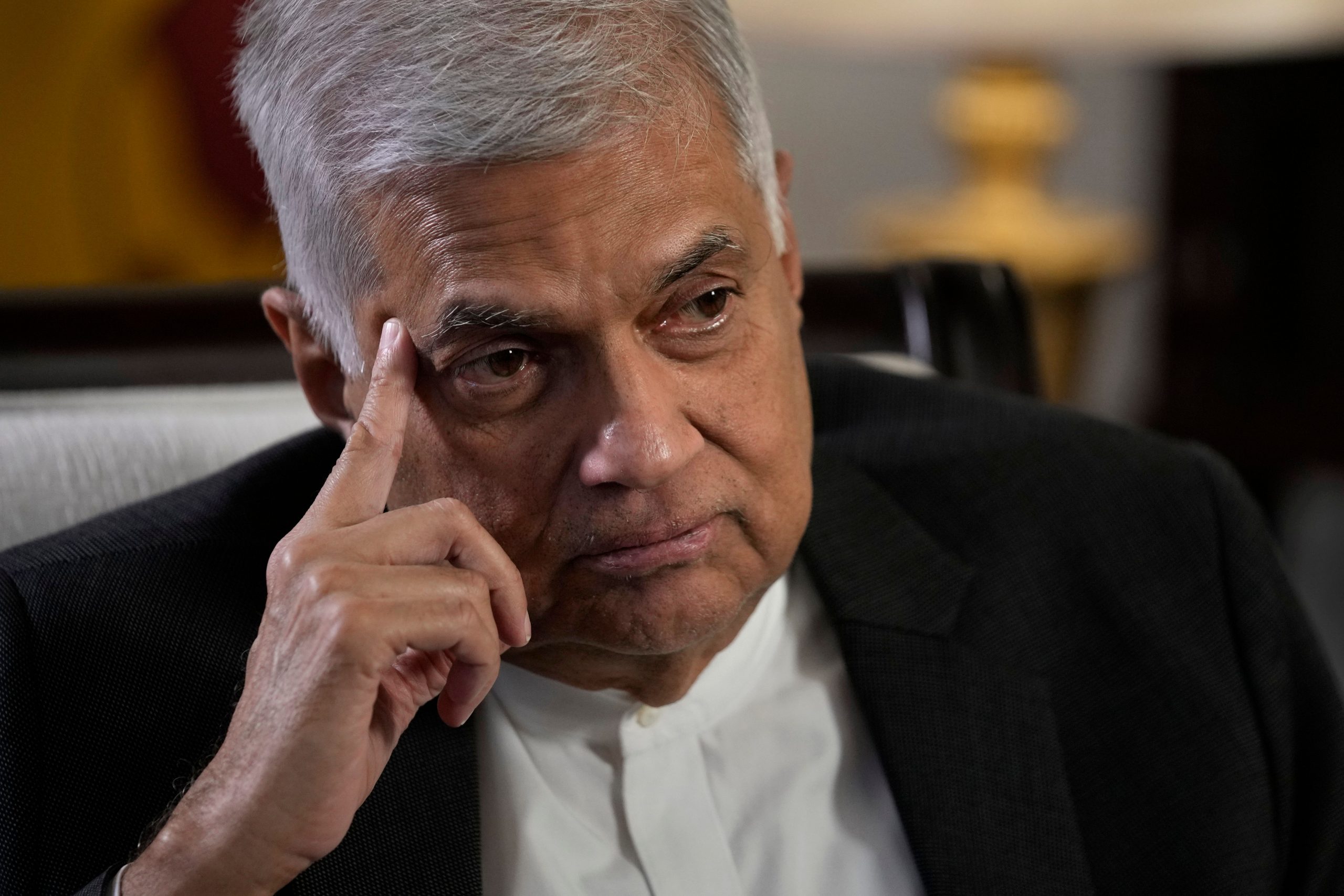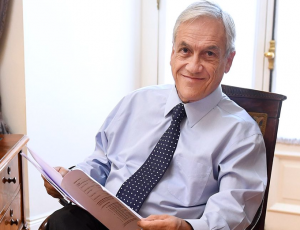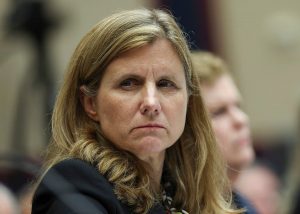On Saturday, just before protesters enraged by an unprecedented economic crisis overran the colonial-era parliament building, Sri Lankan President Gotabaya Rajapaksa fled his residence.
Prime Minister Ranil Wickremesinghe called an emergency meeting of his cabinet ministers after the president left his home. Following the emergency meeting, Wickremesinghe announced that he will resign.
According to a statement from the Prime Minister’s Office (PMO), Wickremesinghe made the decision because fuel distribution will resume and the debt sustainability study for the International Monetary Fund was about to be completed.
In a meeting presided over by the Speaker of the Parliament, party leaders in Sri Lanka asked Rajapaksa and Wickremesinghe resign after months of economic collapse and public unrest that ended in the assault of the presidential palace by opposition protesters.
Also Read| Prez flees protestors, PM resigns: Complete timeline of Sri Lanka crisis
According to the Sri Lankan Constitution, the president appoints the prime minister and selects cabinet members in consultation with the prime minister, with Parliament’s approval.
The chief executive, not the prime minister, presides over cabinet deliberations and may take on any ministerial portfolio. The president also has the authority to dissolve Parliament and call new elections at any time.
Also Read| Watch: Protestors swim in Sri Lankan President Gotabaya Rajapaksa’s pool
However, the president cannot use this power if the legislature has been in power for less than a year and refuses to dissolve it, or if it is considering impeaching the president.
Because to poorly timed tax rebates, inadequate project investments, and Covid-imposed limitations, Sri Lanka is currently experiencing has been in an economic crisis.
Multiple tax cuts announced by the Sri Lankan government led to a sharp drop in revenue. This happened at a time when Sri Lanka’s historically fragile government finances were still scrambling to find a method to repay the sovereign bonds that their governments had been issuing for the preceding 13 to 14 years without any plan for repayment.







